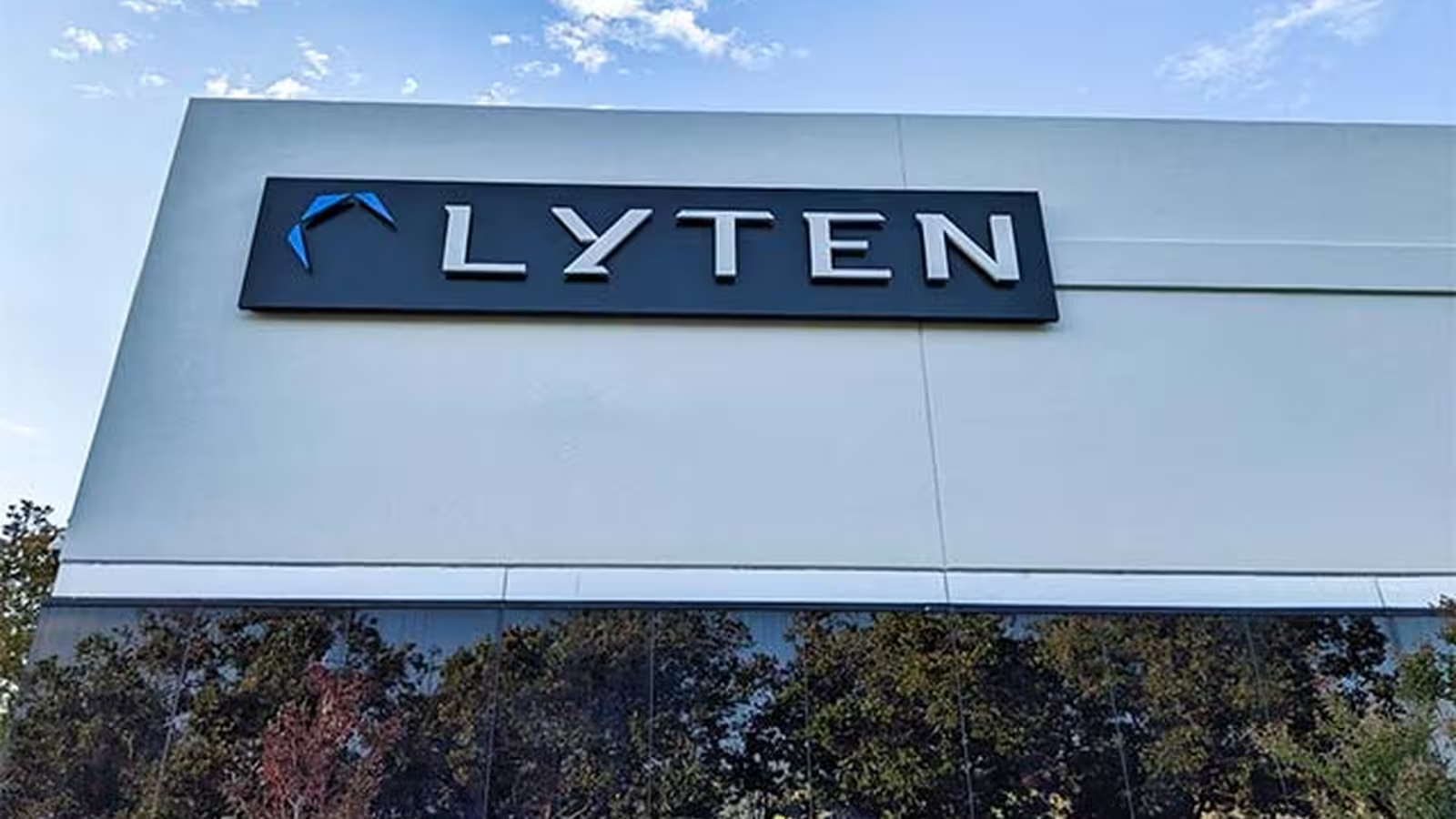6 Minutes
Strategic expansion reshapes Lyten’s lithium-sulfur battery ambitions
Lyten, the US-based pioneer of lithium-sulfur (Li-S) battery chemistry, has secured a binding agreement to acquire the remaining Northvolt assets in Sweden and Germany. This move signals a major leap in Lyten’s ability to scale up advanced battery production across two continents, leveraging established facilities, local talent, and a growing pipeline of automotive and energy storage opportunities.
What’s included in the deal
The acquisition covers Northvolt Ett and Ett Expansion in Skellefteå, Northvolt Labs in Västerås, and Northvolt Drei in Heide, Germany. In addition to the physical plants, Lyten will obtain all remaining Northvolt intellectual property, strengthening its Li-S ecosystem from cell development to large-scale manufacturing.
Broader context: Lyten’s ongoing Northvolt strategy
This latest agreement follows Lyten’s earlier moves to acquire three other Northvolt assets. In November 2024, Lyten acquired Northvolt’s Cuberg battery manufacturing facility in California. In early July, it announced the purchase of Northvolt Dwa, Europe’s largest Battery Energy Storage System (BESS) manufacturing facility in Dwa, Poland, with closing anticipated in August. A late-July acquisition of Northvolt’s BESS product line and IP portfolio completed the early-stage consolidation.
Immediate restart and ramp plans
Lyten intends to restart operations at Skellefteå Ett and Västerås Labs as soon as the deal closes, emphasizing collaboration with Northvolt’s existing anchor customers. The company also plans to bring Northvolt Dwa back online promptly after closing to support rapidly rising demand for Lyten BESS in more than 20 countries.
Germany and Europe: a new production horizon
Near Heide, in the German state of Schleswig-Holstein, Lyten continues to advance a larger-scale battery manufacturing program with an initial capacity target of 15 GWh. This facility, built in partnership with Northvolt and the German government, is positioned to deliver high-throughput Li-S battery cells for automotive and stationary energy storage applications, bolstering Lyten’s cross-border supply chain.
Canada and North America: continuity and growth
Beyond Europe, Lyten remains committed to pursuing North American opportunities, including the ongoing Northvolt Six project in Quebec, which targets a 15 GWh Phase 1 battery facility. Active discussions with Northvolt North America, the Canadian federal and provincial governments, and key local stakeholders are shaping the company’s broader North American expansion plan.
Technology, markets, and product strategy
Lyten currently manufactures Li-S batteries in Silicon Valley and markets them to high-growth drone and defense segments. The company is preparing for a high-profile deployment on the International Space Station in the coming months and maintains a robust multi‑billion‑dollar pipeline for BESS powered by Li-S chemistry. The Sweden–Germany expansion aligns with Lyten’s ambition to deliver clean, locally sourced energy storage at scale for both vehicle electrification and grid resilience.
Why this matters for automotive enthusiasts
For car enthusiasts and industry watchers, the Lyten-Northvolt deal could accelerate the introduction of Li-S battery packs into mainstream EVs. Li-S chemistry promises higher energy density and lighter-weight packs, potentially extending driving ranges and enabling new vehicle architectures. With scalable U.S. and European manufacturing, automakers could benefit from improved supply chain resilience, reduced dependence on scarce materials, and the potential for lower battery costs as Li-S production matures.
Design and performance implications
While specific vehicle integration details are still developing, the expansion is likely to influence battery pack design, thermal management, and safety features in next-generation EVs. Lyten’s Li-S platform is designed to deliver competitive energy density while enabling robust performance in demanding environments, including automotive fleets, drones, and defense applications. The shift toward Li-S at scale could reshape vehicle weight distribution and overall efficiency, potentially translating into measurable gains in range and acceleration for future electric models.
Market positioning and industry context
Lyten’s European footprint—anchored by Sweden’s engineering talent and Germany’s industrial base—positions the company to meet growing demand from automakers seeking secure, domestically produced energy storage. The company frames the acquisitions as a strategic move to bolster energy independence and reduce vulnerability in critical supply chains, a consideration that resonates with national security and policy agendas in both Europe and North America.
Comparisons and competitive landscape
Compared with traditional lithium-ion battery programs, Li-S technology offers a potential path to higher energy density with lighter packs. While Li-ion remains dominant in today’s market, Li-S manufacturers like Lyten are working to close the gap on cycle life and manufacturing maturity. The ongoing integration of Northvolt’s facilities with Lyten’s chemistry could set the stage for a hybrid approach to electrification—combining automotive-grade Li-S cells with scalable BESS platforms to support grid services and AI-driven data centers.
Leadership outlook and statements
Lyten’s leadership highlights the deal as a defining moment for the company’s mission to supply clean, locally manufactured batteries and energy storage systems across North America and Europe. Officials emphasize job creation, technological leadership, and energy resilience as central benefits, echoed by government stakeholders who see the deal as a catalyst for Europe’s energy independence and a strengthened European battery ecosystem.
What’s next for Lyten and the auto industry?
As Lyten progresses with the Northvolt acquisitions, the auto industry can expect nearer-term visibility into new Li-S cell formats, larger-scale manufacturing, and potential vehicle integration programs. For enthusiasts, the prospect of longer-range EVs with lighter batteries—paired with a diversified energy storage strategy—signals exciting times ahead for both performance and sustainability in modern mobility.
Source: electriccarsreport


Leave a Comment